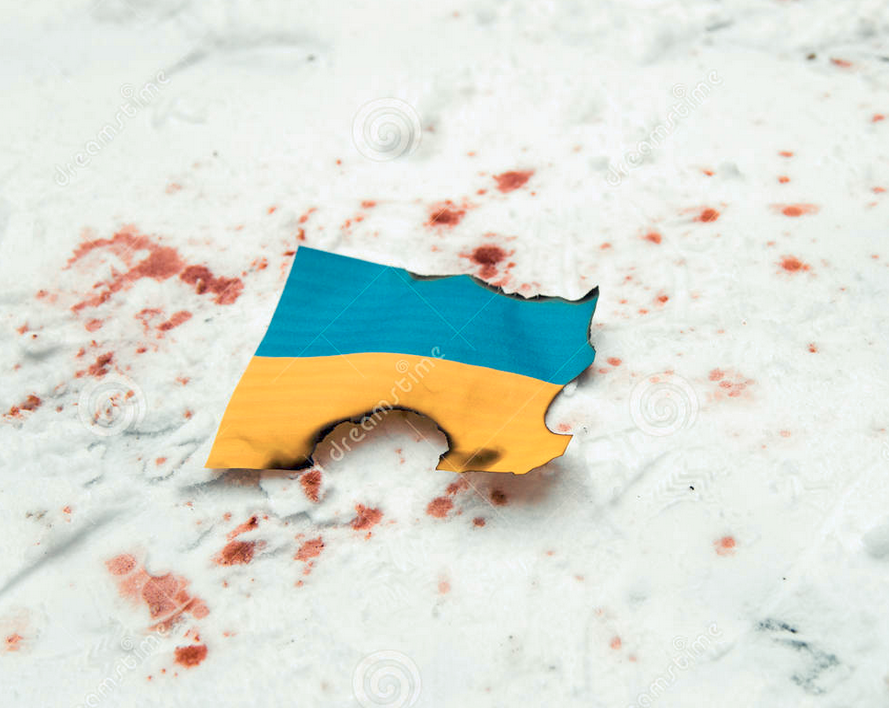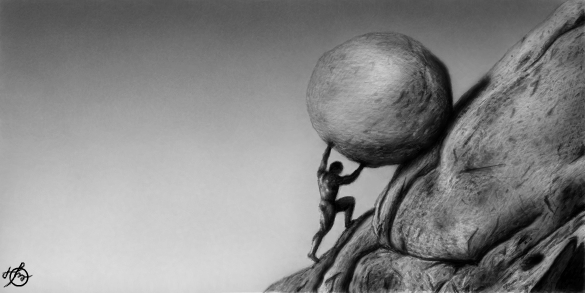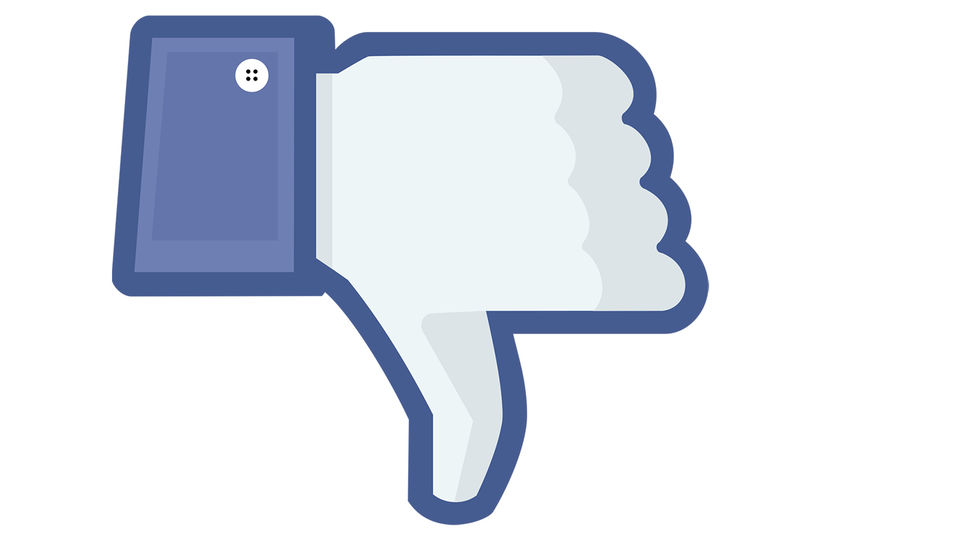I’m learning Russian at a neighboring university to mine. My teacher hails from Ukraine and often has much to say about Putin and what’s going on in that part of the world. One day, she informs the class that we will be listening to a speaker talk about his time in Ukraine. He’ll lecture to us about his experiences, ask us questions, in Russian of course, and a teacher will translate all of it for us, including our responses. Our speaker was former military and apparently took part in the riots.
He then went on to tell us the story about there’s four countries. But let’s focus on two of them; the US and Canada. Both countries speak English and all is dandy. But then Canada decides its national language is now French and the US, headed by hypothetical president McCain, decides to declare war on Canada. He explains a few more details like how Russia is using cluster bombs and that’s against the Geneva convention and then asks the group on our opinions about the whole thing. He also said that they’re plagued by the lack of good intelligence; the Russians had drones and Satellites and could bombard the Ukrainians with impunity. With a lack of imaging information, the Ukrainians would fire back and hit nothing or civilians, as the Russians allegedly fired from between buildings in villages. Our speaker recounted how young soldiers could go off and train for months and then get to the frontlines and die in a hail of accurate artillery fire.
To my memory, the students who were non-ROTC all agreed that Russia was being bad, but didn’t offer much beyond that. So the Ukrainian man asked the commissioning students what they thought. One guy nearly fluent in Russian, believed we should put tanks in Kiev, point them at Moscow, but not shoot. Another cadet expressed concern about what would happen if the US got involved and that it might escalate things. Judging by the reaction, his was not an especially popular answer.
I was curious about clarifying a few things. My first remark was, “Ukraine should stop trusting the EU and the US, since they’re operating under the idea that Ukraine will receive assistance.”
I then asked if either Ukraine or Russia had signed the Geneva Convention.
Are you crazy? Of course they signed the Geneva Convention.
That was the response I got. So I decided to remain quite and do a little research with the aid of my friend’s smartphone. With a cursory search, I discovered that it was the Soviet Union and not the Russian Federation who signed the Geneva Convention, and then, not even all of it. So if we were to say that Russia in its current iteration didn’t sign the convention, then the complaint about the cluster bombs is about as meaningful as complaining that the Taliban don’t fight by the rules like gentlemen.
I then contemplated a possible solution to Ukraine’s lack of proper ability to gain visual contact on Russians so as to fire upon them. I remember the speaker talked about how the Ukrainian armed forces had trouble even building trenches, for the Russians would fire upon them as they worked.
Then a light bulb appeared to me.
If the Russians can see the Ukrainians but the Ukrainians can’t see them, there is a solution. If the Russian armed forces are really in Ukraine, the Ukrainians should have some Russian prisoners by now. If so, they should use them to build their trenches. If the Russians can see the Ukrainians as well as claimed, they should not fire upon their own people and thereby allow construction of defensive fortifications. If the Russians can’t see so well, they’ll fire upon the prisoners and kill their own people. The resulting press outrage should be enough to cool even the Russian people’s perception of their country’s war against Ukraine.
Does that solve the war? No. But it’s more solution than I’ve heard anybody else come up with yet so far*.

~Wald
*It should go without saying that I have yet to hear everyone’s opinion and therefore, it’s entirely possible there’s a good solution out there that I’ve missed.








